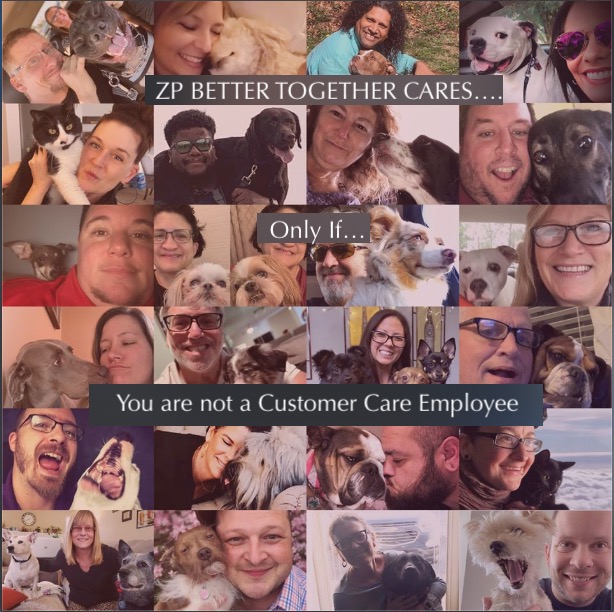American School for the Deaf apologized in a press release after a report came out last Friday identifying nine faculty and staff members who allegedly participated in assaulting minors physically, mentally, or sexually. This is not an isolated incident. Several schools of the Deaf have come out and admitted that their students have experienced years of abuse from faculty and staff members as well. One recent example that caught national attention would be Charles Hicks, a long-time dormitory employee for the girls at the Illinois School for the Deaf, who was placed on administrative leave based on allegations of assault.
The community is so small and yet the incidence of child abuse is quite high. Why? Here is one possible explanation. A sizable proportion of the employees who inflict abuse on students had experienced abuse as students themselves at schools for the Deaf. A cycle of abuse is occurring in the schools for the Deaf, and it can be argued that it is similar to what you see happening with the Catholic churches. Note that most of the employees who inflicted abuse on the students are men.
It has been confirmed in empirical research that the majority of child abuse offenders are men (Mohler-Kuo et al., 2014; Richards, 2011), and when women do inflict child abuse they are more likely to do so with boys (Mohler-Kuo et al., 2014; Richards 2011). Jackson Katz is an acclaimed American social theorist on the intersectionality of gender, race, and violence and his classic works include Tough Guise (2002) and Tough Guise 2 (2013). Katz found that 81% of males who inflicted abuse on others were also abused themselves as children growing up, and this is from the general population. Imagine the figures if the research was focused on just our community…
Put in other words, the child abuse offenders were re-enacting their own unresolved trauma, even if on a subconscious level. Of course, this in no way discounts the magnitude of the pain they put the children and the children’s families through or absolves them of any responsibility for their actions.
It brings us to this: What are schools for the Deaf doing to end the cycle of abuse, generally speaking? What can we do towards ending the cycle of abuse, especially when we know that linguistically and culturally accessible behavioral health resources are far and few for our community?






